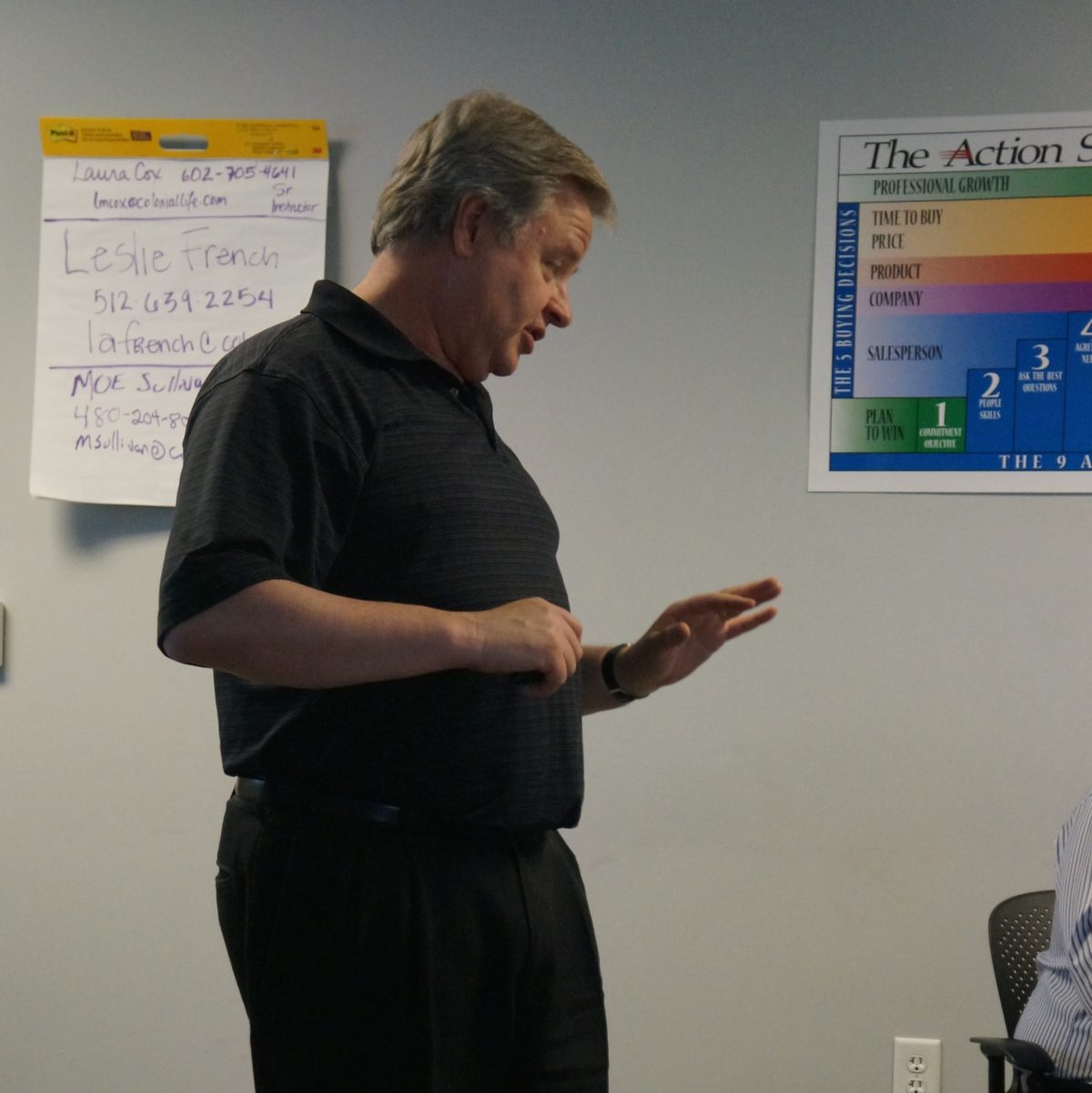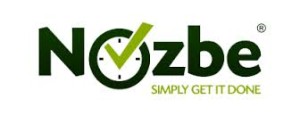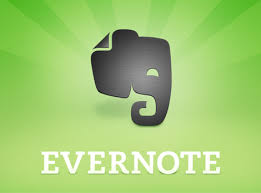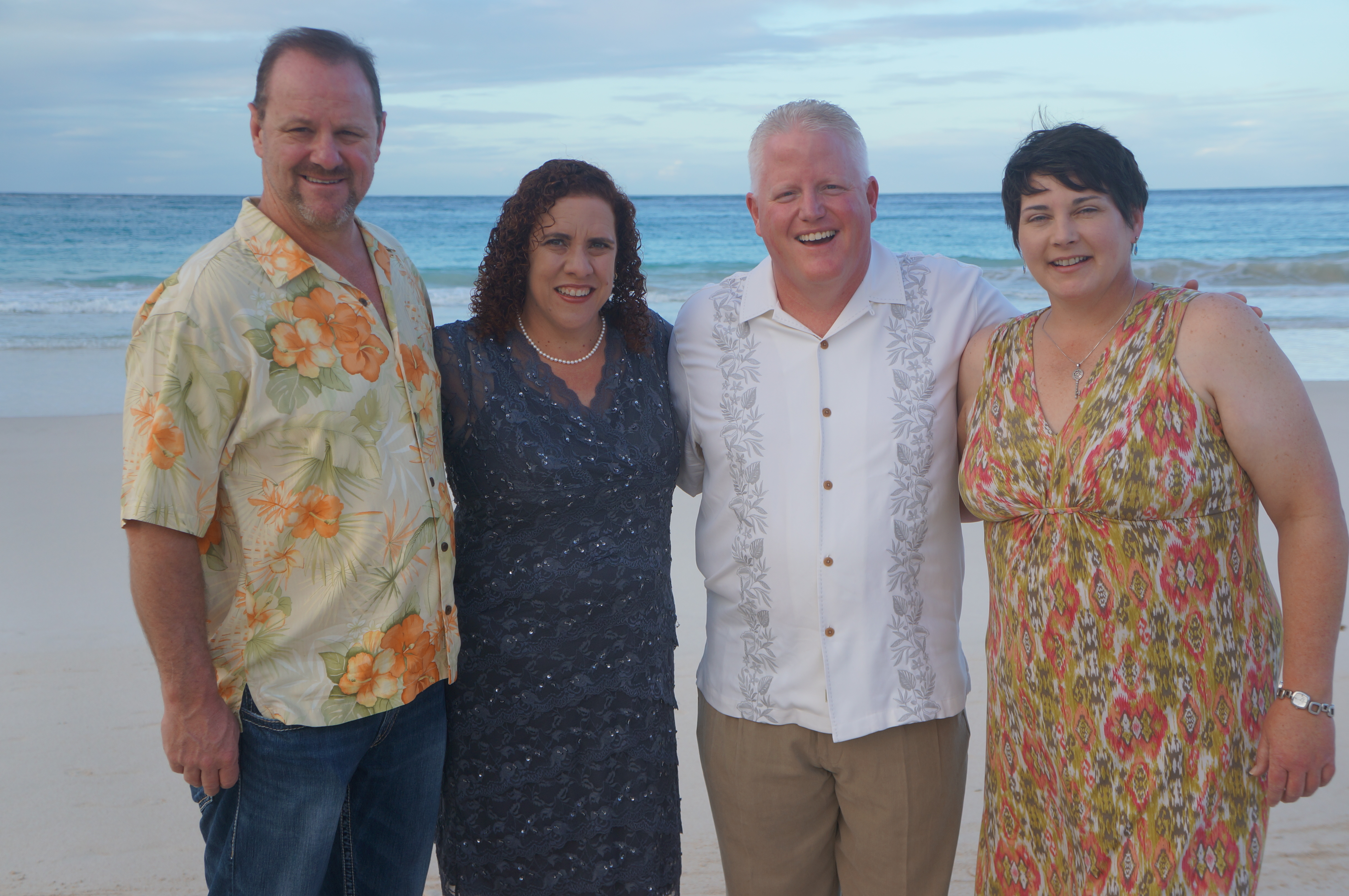Your "Genius Work" is what you were created to do.
This podcast is spurred by a Facebook message I received earlier this week from a recent college graduate.
I’m sure you are aware that It is graduation season around the United States. If you are like me, you can’t go to your mailbox without finding a graduation announcement from one of your relatives, or your friend’s kids, or your kid’s friends. In the past week, I have congratulated and sent checks to 2 freshly minted college graduates. It got me thinking about their future.
As college graduates, their life should be better right? Perhaps long-term they are. According to the Georgetown Center on Education and the Workforce, workers with bachelor’s degrees can expect to earn 84 percent more than their counterparts without degrees over their lifetime.
Unfortunately, the job prospects of these graduates right now aren’t extremely strong. A US News and World Report article earlier this year stated the following: “The number of college graduates working minimum wage jobs is nearly 71 percent higher than it was a decade ago, according to the Bureau of Labor Statistics’ latest figures. As of 2013, 284,000 college graduates were working at or below the minimum wage, up from 167,000 in 2002 and more than two times the pre-recession low of 127,000 in 2006. The cohort includes an estimated 30,000 people with masters’ degrees, a figure that is more than twice as high as it was in 2002 and three times as high as in 2006.
That spells trouble for college graduates with low wages, especially when student debt is climbing. The Institute for College Access and Success reported Wednesday that the average class of 2012 graduate left college with $29,400 in debt, a figure that has climbed an average of 6 percent year over year for the past four years.”
Of course there are certain professions that boast very high starting wages for new college graduates: The median annual salary for a graduate with a petroleum engineering degree is $120,000, while graduates in counseling psychology, at the bottom of the spectrum, earn $29,000, according to Georgetown’s Center on Education and the Workforce.
As I said earlier, this podcast was spurred by a Facebook message I received this week. Courtney, The daughter of one of my friends, who is also a recent college graduate, wrote to me the following message: “Hi Mr. Martin! Hope you and your family are doing well. I’m in the process of job searching as life and marriage will be moving me to the Chicago area soon. After posting my resume online I’ve had quite a few responses in the area of insurance sales. Today a recruiter from Aflac contacted me and prior to that, I have had Farmers and a few small names. I was curious as to your thoughts on the companies and what kinds of advice you could give me since you’ve been successful in the industry. Any direction would be much appreciated, thanks!”
I’m thrilled for this young lady. Courtney is starting her life with her soon to be husband and also beginning her career. She is a wonderful young woman who has amazing talent. The reality is that regardless of what she attempts in life, she will be successful. I’m proud that she is considering a career in insurance. It gives me great hope for the future of this industry. We need sharp, young, talented, men and women to breathe life into our profession. It is a shame that most people coming out of college don’t even explore a career in insurance. I have been involved in dozens of College Career fairs over the years and it amazes me the number of young men and women that stand in line to talk to the pharmaceutical companies but won’t give the insurance booths the time of day. My theory is that they don’t see the insurance industry as sexy. When they think of the insurance industry, they well….. think of people like me, middle-age white guys, who wear loud sports jackets and sit around in boring meetings. Even though my sports coats aren’t THAT loud, and most of my meetings are actually fairly interesting, that is their perception.
But I would contend that a career in insurance IS sexy. I am going to give you 7 reasons that I am convinced that you need to pass on this podcast to anyone you are sending a graduation card to. So without further ado, here we go.
Seven Reasons Insurance IS Sexy
1. There are many career paths available.
Most insurance companies have full career paths in every one of their departments. A VERY partial list of departments in most insurance companies include:
- Training
- Curriculum development
- Accounting
- Marketing
- Underwriting
- Product development
- Claims
- Broker Development
- Sales
- Public Relations
- Legal
- Actuarial
In fact, many companies offer recent college graduates entry into a Professional Development Program. In this program, they get the opportunity to work in multiple departments over the course of 2-3 years.
From here on out I am going to talk about a career in Insurance sales. It’s where I have spent my entire insurance career and what I know best.
2. It gives you the ability to start your own business.
- Entrepreneurship programs in colleges are blowing up due to intense interest by the current crop of business majors. They are more interested in starting their own business than they are working their way up through Corporate America.
- Where else can you start a business for less than $500 and some sweat equity? When I bought my two Dominos pizza stores it cost me almost $400,000. I make more money in insurance than I ever did there.
- No product to purchase and carry.
- No warehousing cost.
- No product development worries.
- Very little variable costs
3. You can achieve stature in your community.
- Becoming a trusted advisor.
- Working with civic organizations and charities (time freedom).
4. You are in control of your own destiny.
- As much as we ever are.
- Your income is determined by your effort. If that is true, then I like my chances!
- The News? – You get paid exactly what you are worth – not a penny more or less. – It’s up to you to determine if that is good news or bad news.
- Your promotion is based upon merit.
- If you are a high producer you can go anywhere in the United State with a simple phone call.
5. You are in control of your own time.
- The best part about this job/worst part about this job.
- Avoiding the “Freedom god.”
- It means I am free to work 60 hours if I want to.
- Work-life balance.
6. The income potential is staggering.
- We undersell this opportunity. I know numerous people in this industry that make seven-figure incomes.
- What does the average agent make? I haven’t met them yet….
- Why I hate that question.
- If you are coachable & trainable, go to work every day, keep a positive attitude there is no way you can fail.
- Every year we have agents break $100,000 and we also have agents that struggle to get to $30,000
7. We change peoples lives!
- The most important reason that a career in insurance is sexy!
- We get to be significant in peoples lives and make significant money.
- We often look at people who are significant in people’s lives as someone who almost has to take a vow of poverty: Priests, social workers, teachers, etc.
- We think that people that make a lot of money, are people like Donald Trump or Mark Cuban who have a reputation of being hard people to work with. Perhaps they are even seen as predatory. I’m not sure that is fair, but that is a lot of people’s perceptions.
- In this industry, we get paid in direct proportion to the number of people we serve. What could be sexier than that?
Conclusion: This industry is sexy. I have a huge passion to see young college graduates join us in this industry. In fact, I am piloting the very first college internship program ever with my company at the field level this summer. The interns may or may not find insurance something they want to continue their career in, but isn’t that why there are college internships? My guess is that 4 out of the 5 interns we hire will end up in the industry long-term. I just wish more young men and women would take a hard look at a career in insurance.
Question: Would you please pass this article/podcast on? Like I said earlier, if you know of anyone getting ready to graduate from college that you think could benefit from this article, I would be honored if you would pass it along. You can just click the email share tab at the bottom of this article. You can also share it on your Facebook page or via Twitter the same way.
Thanks so much for listening/reading! I look forward to seeing you back here next week!!!



















